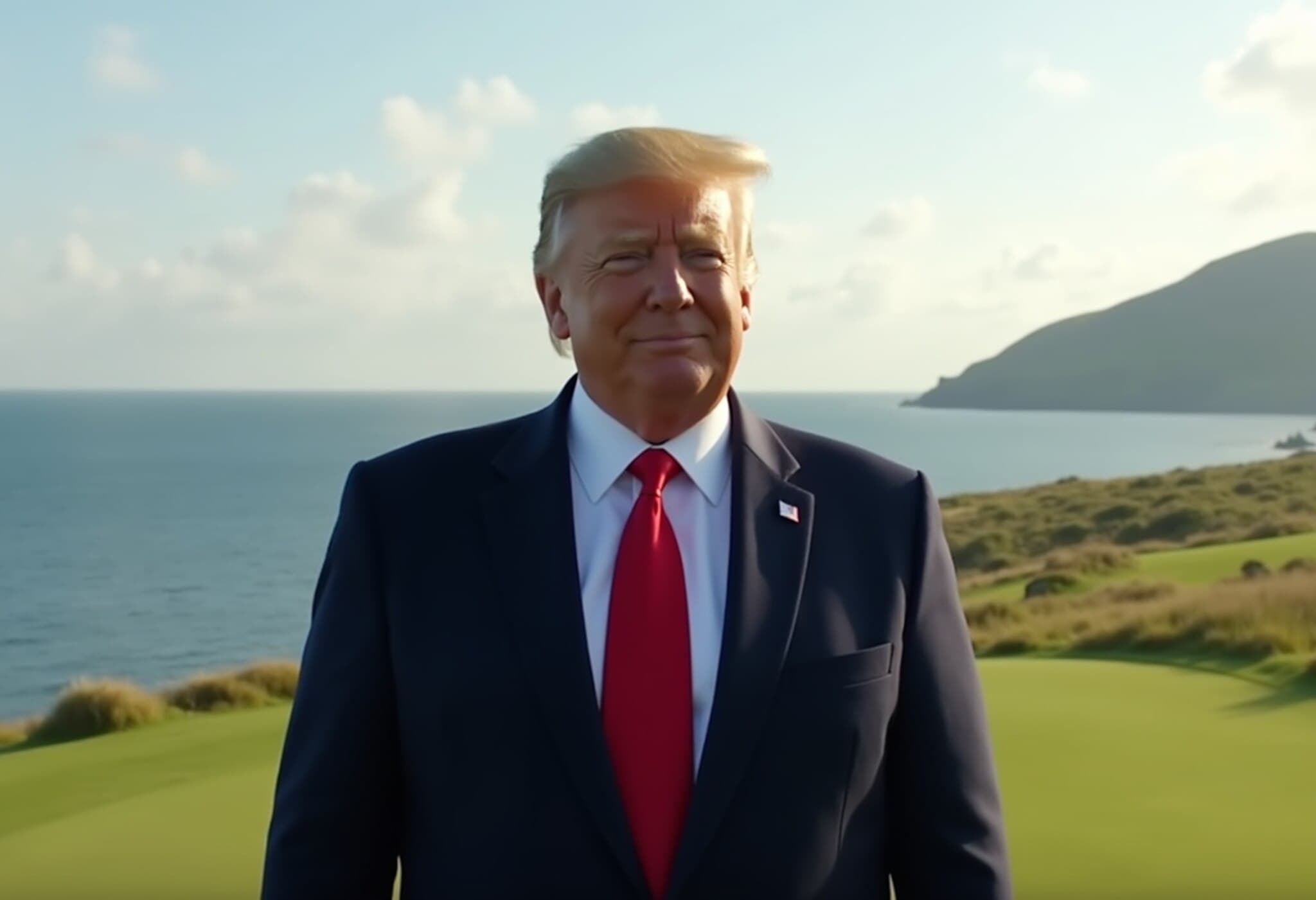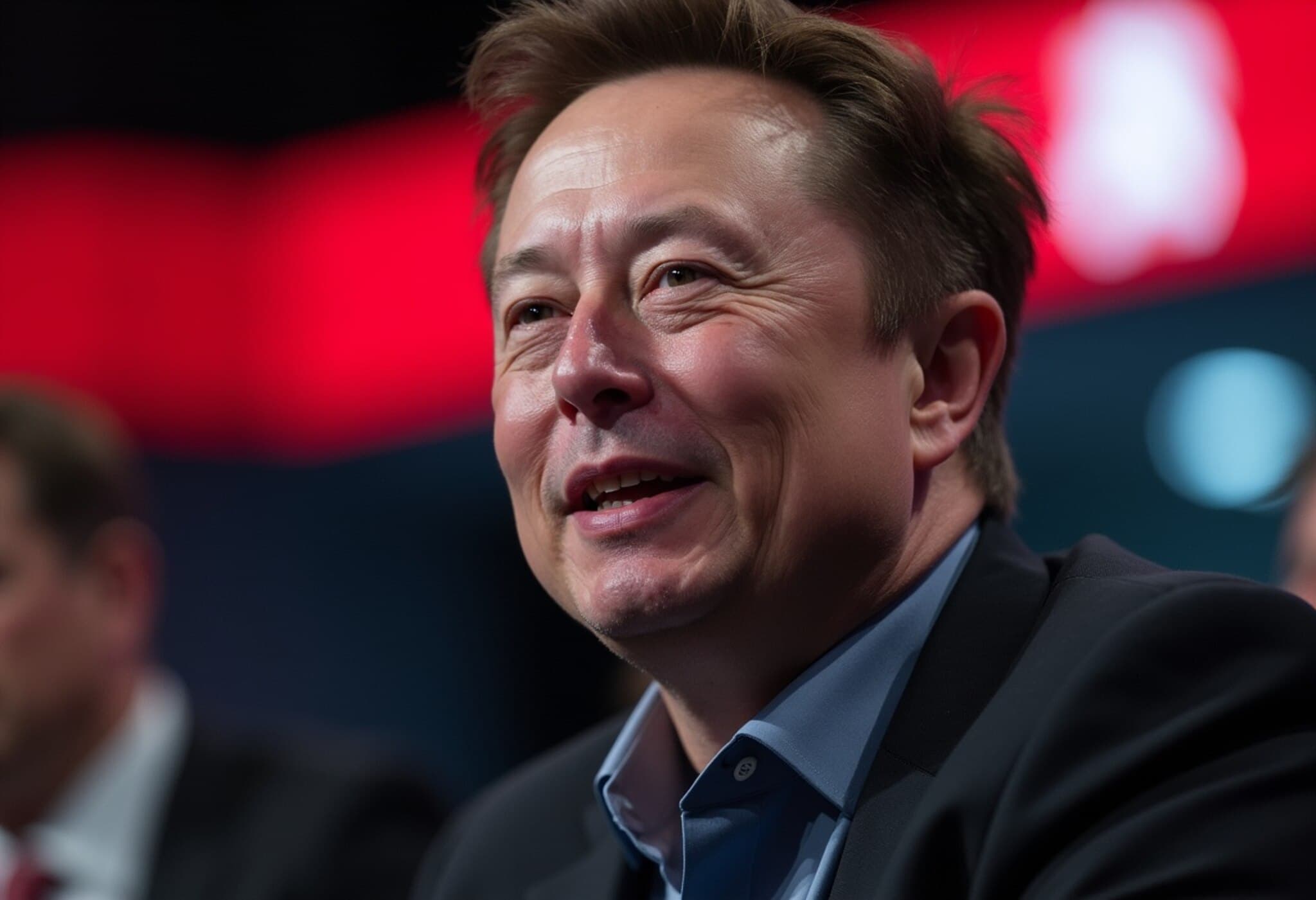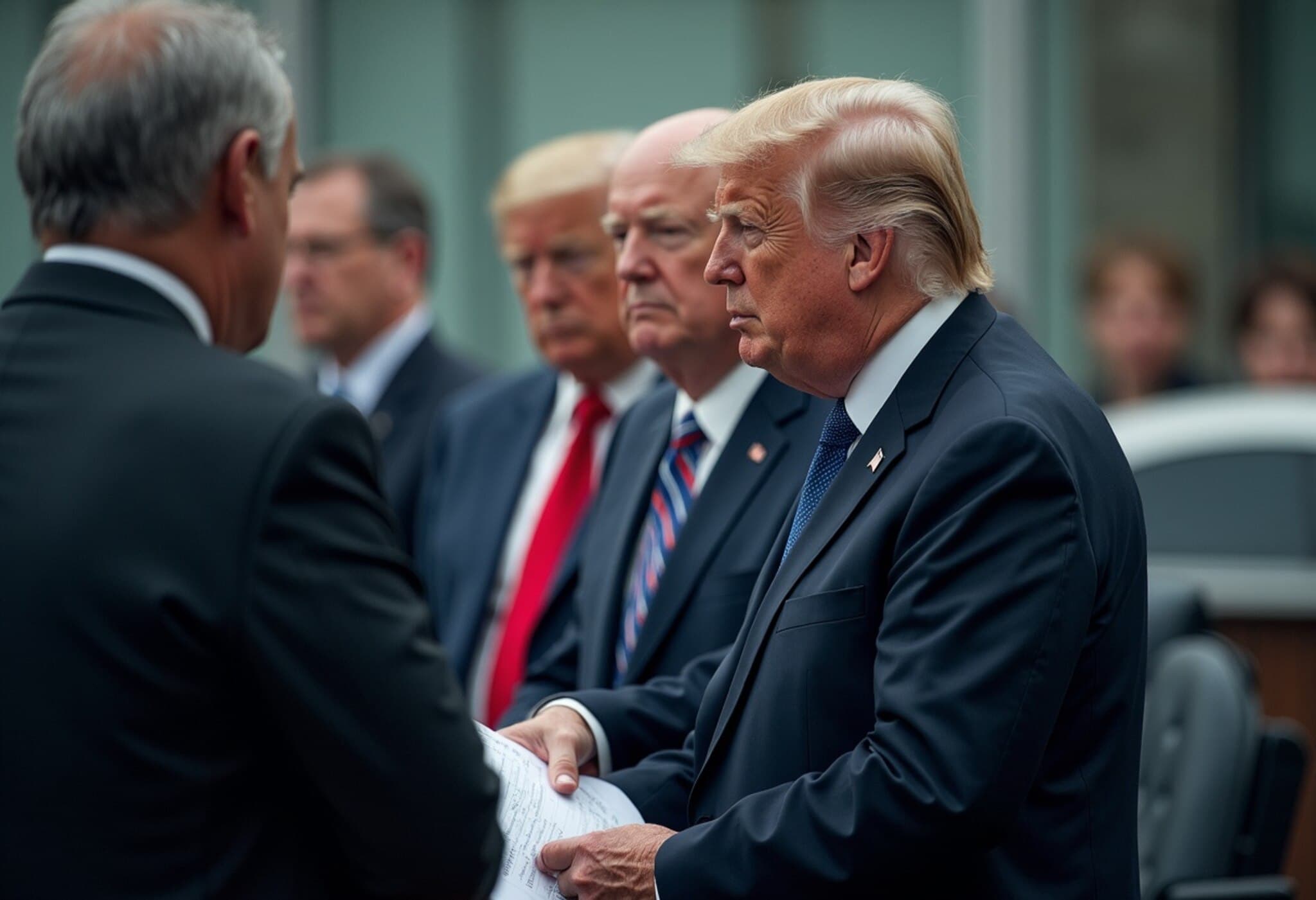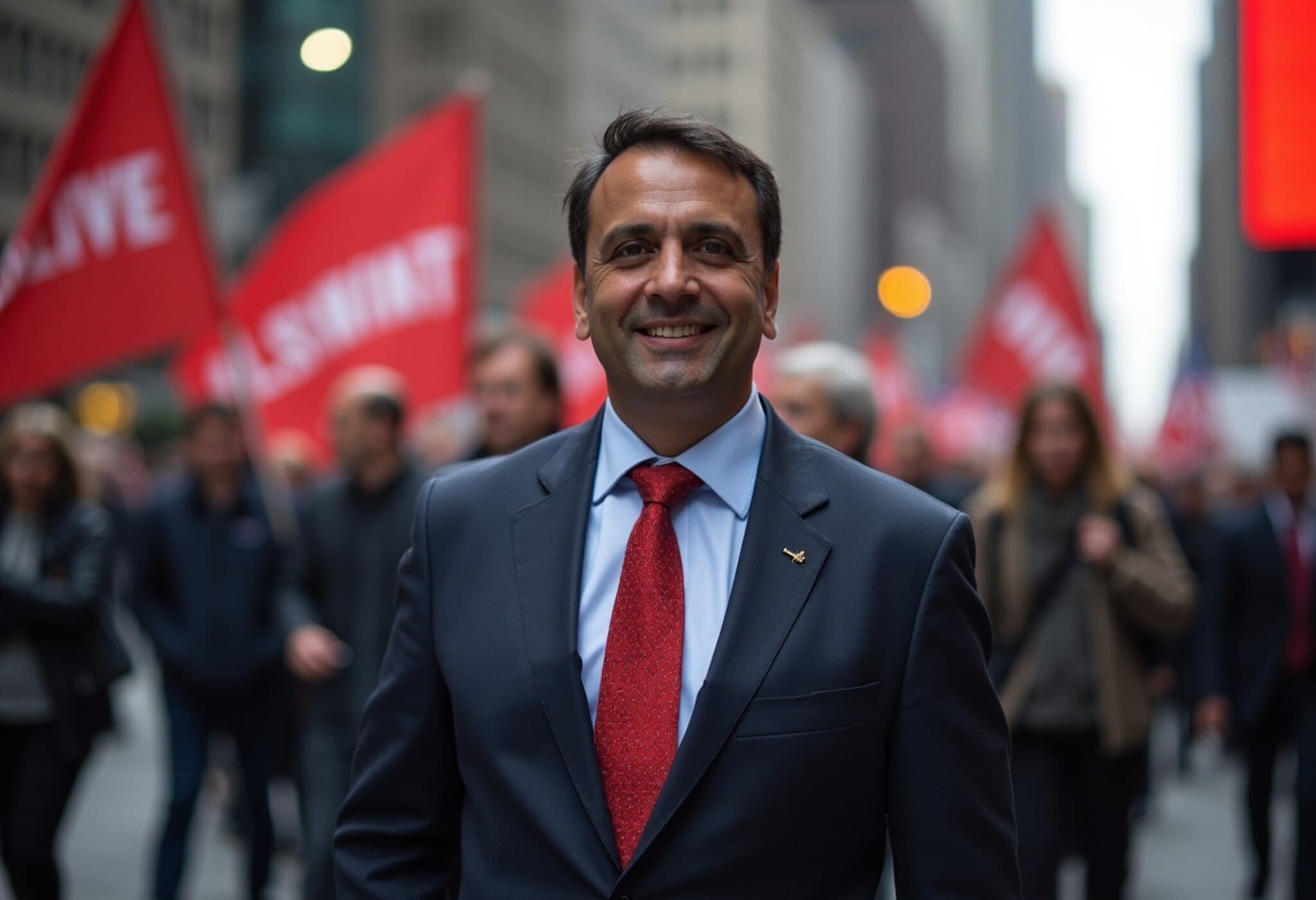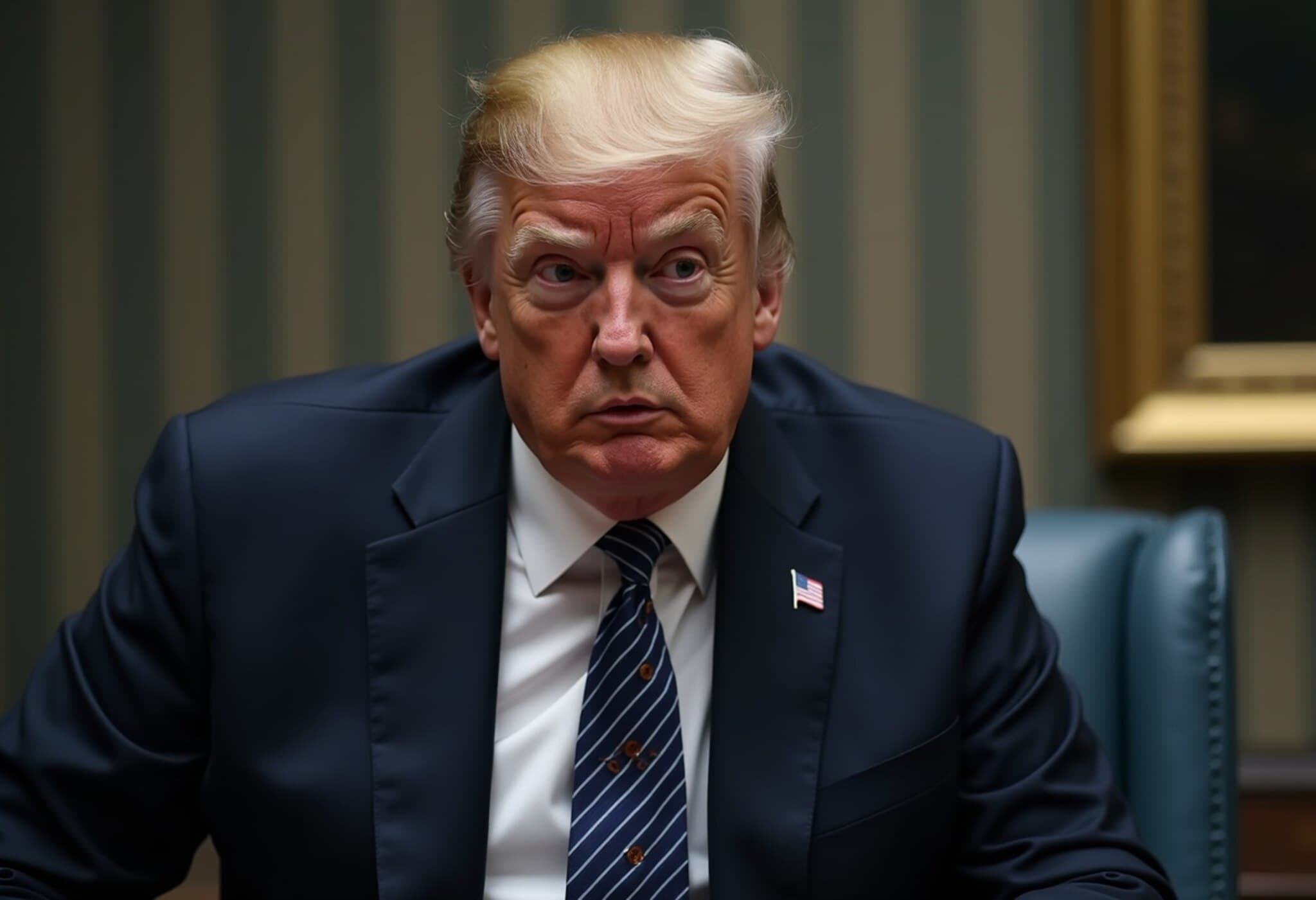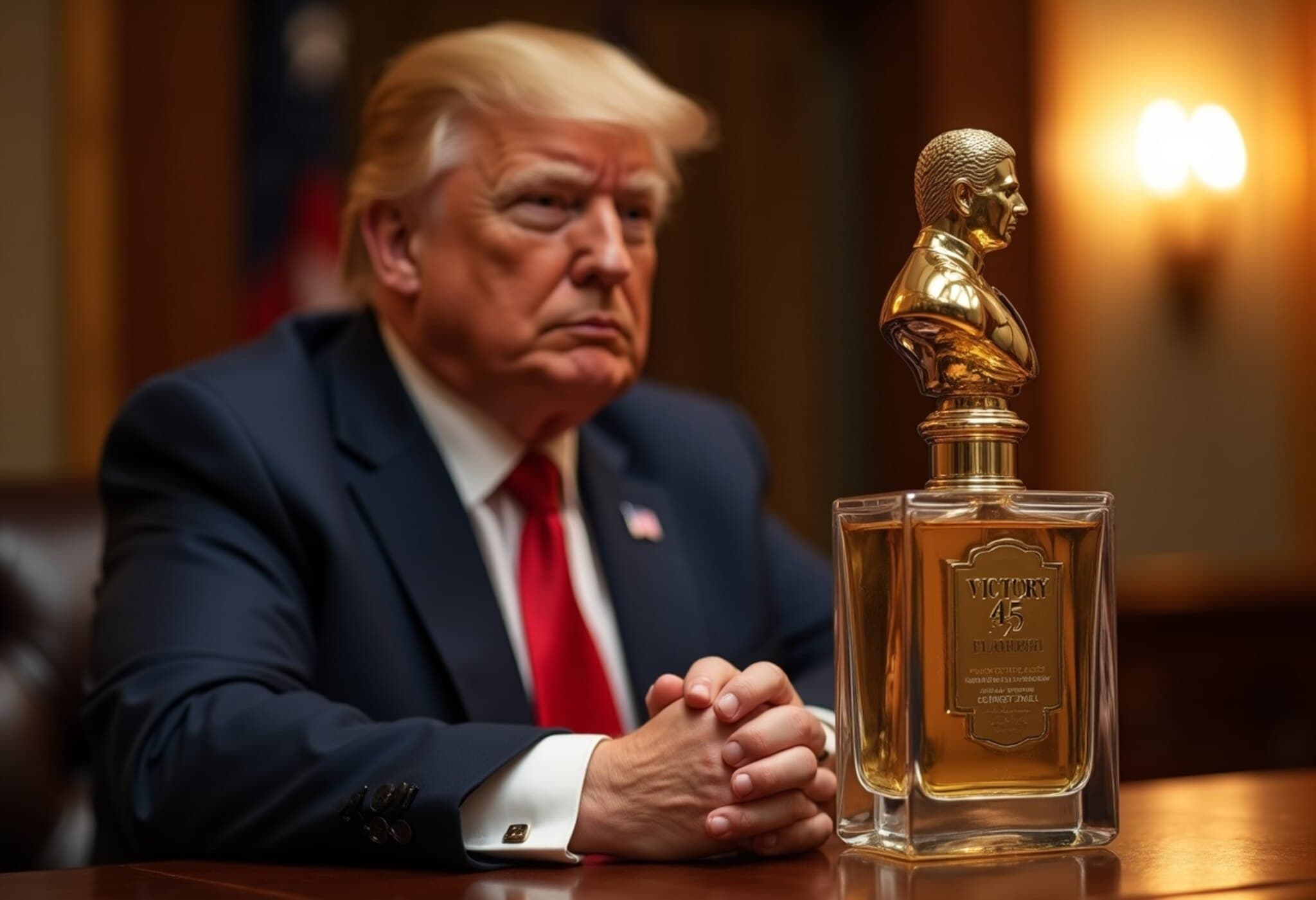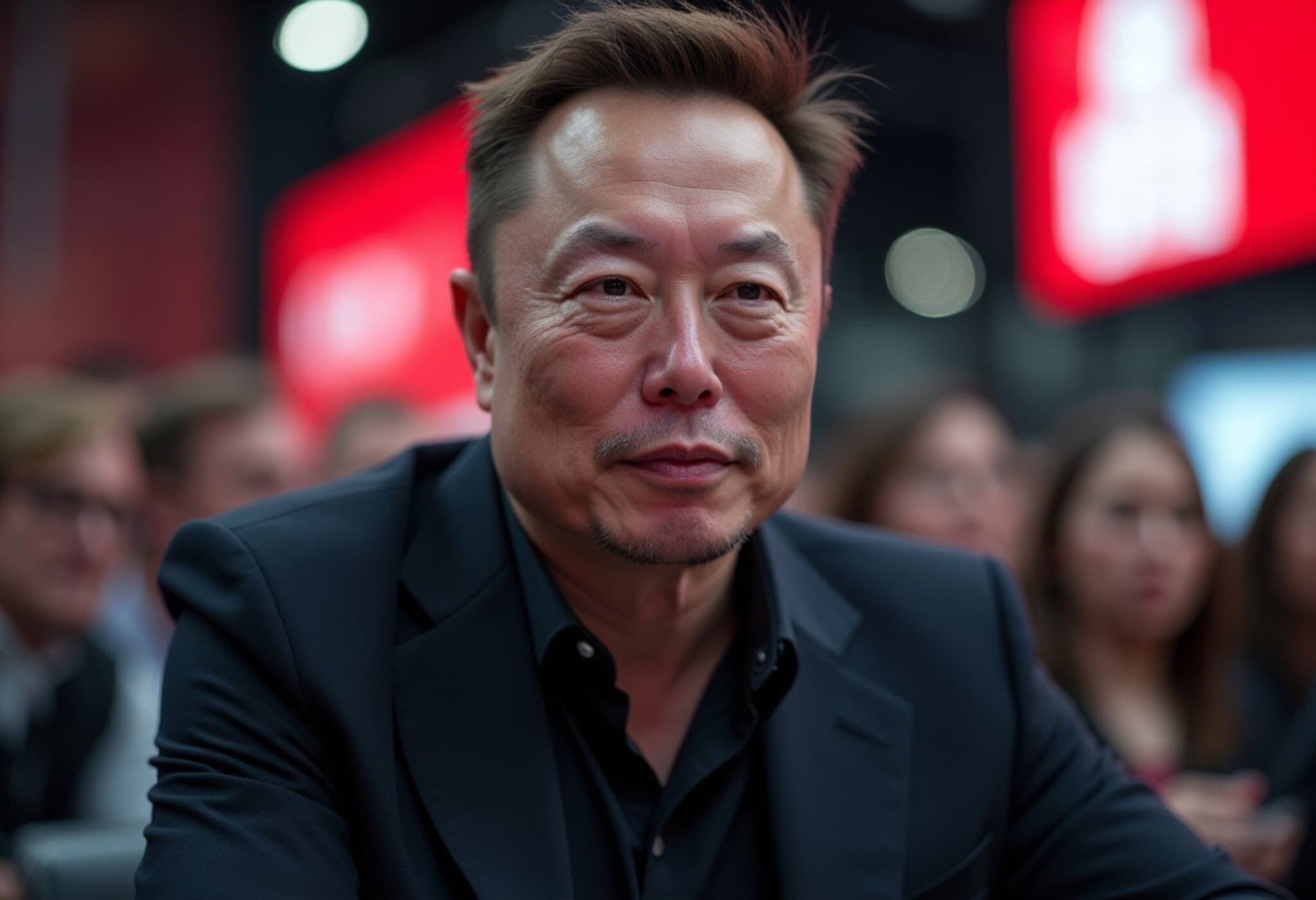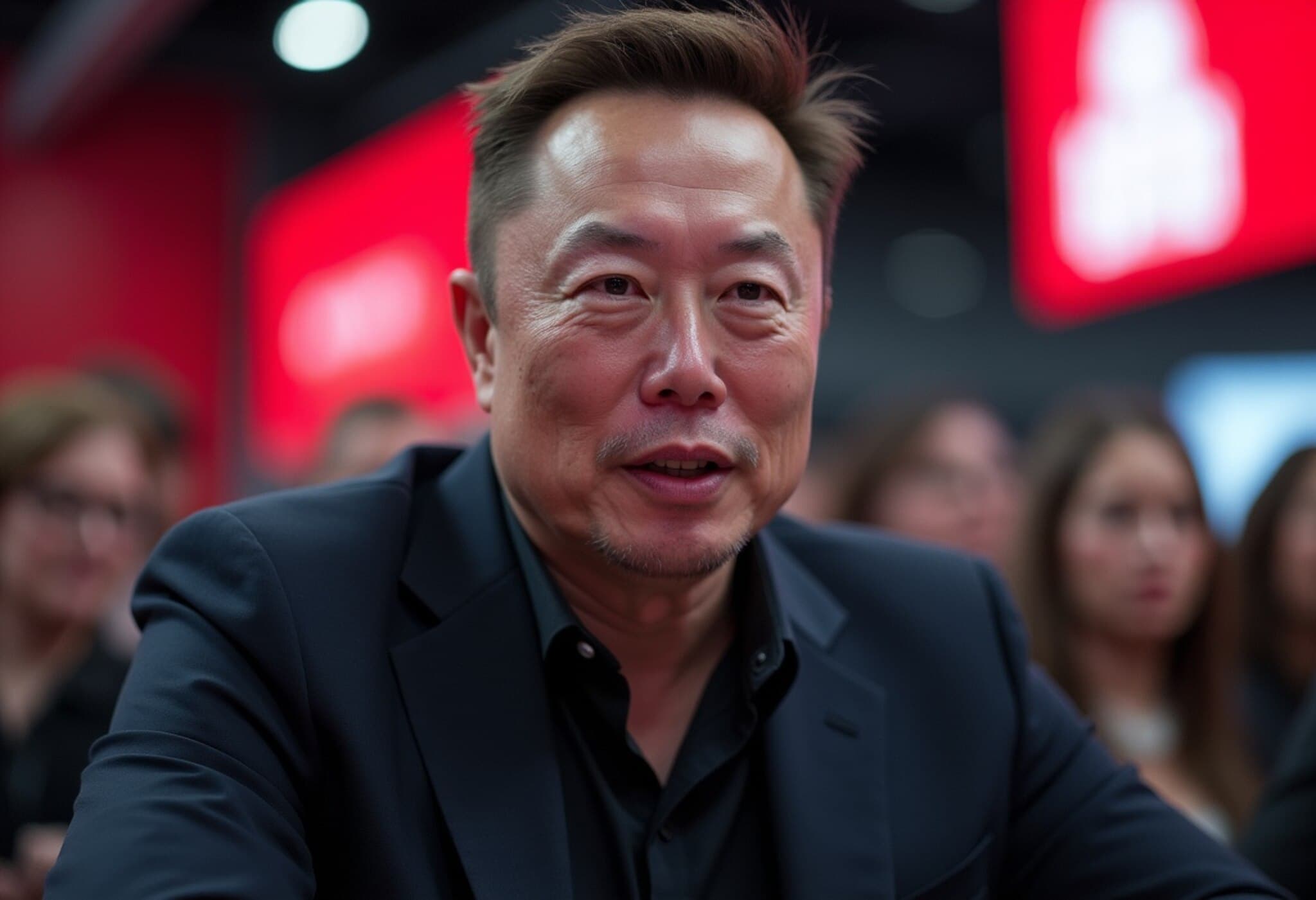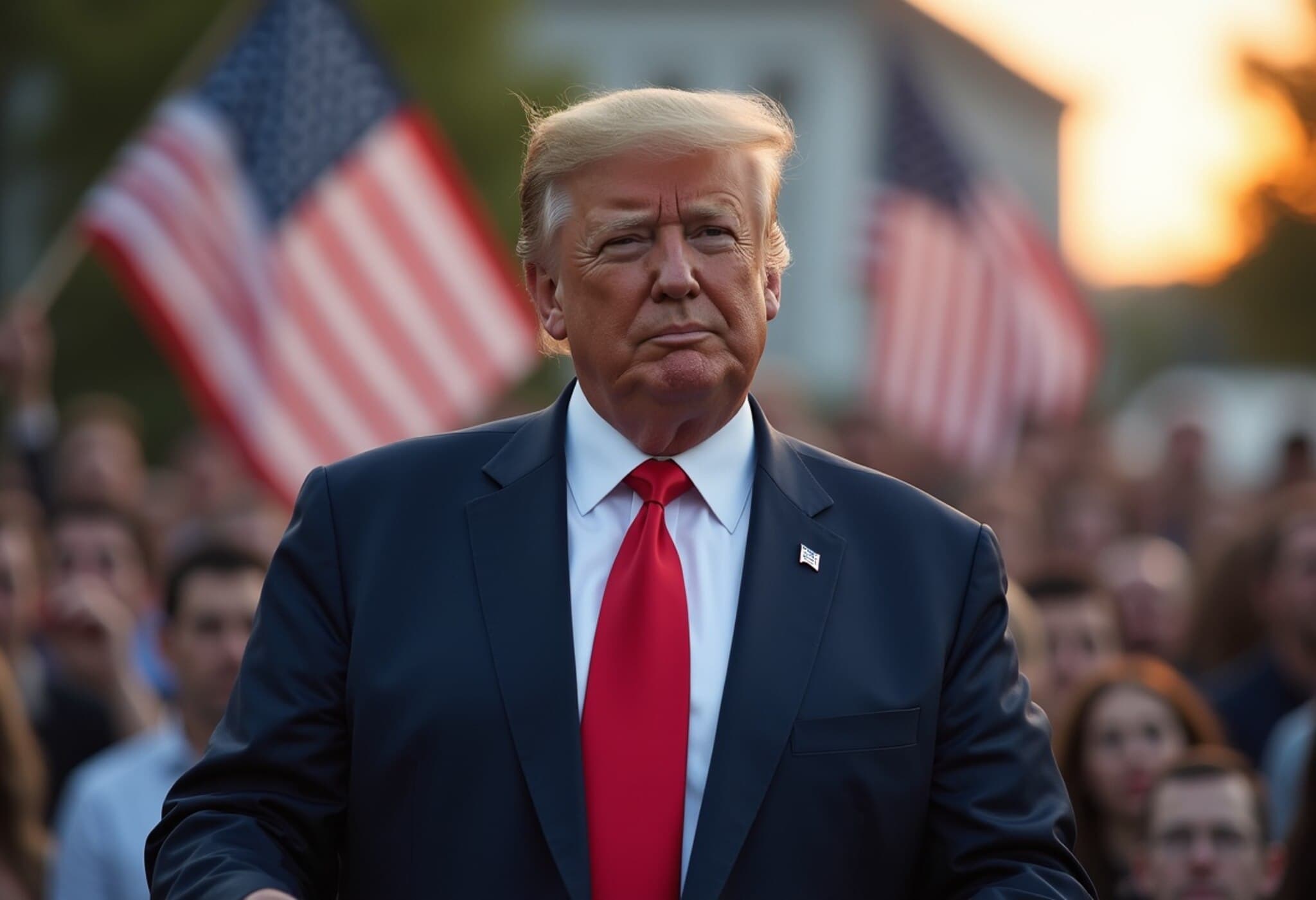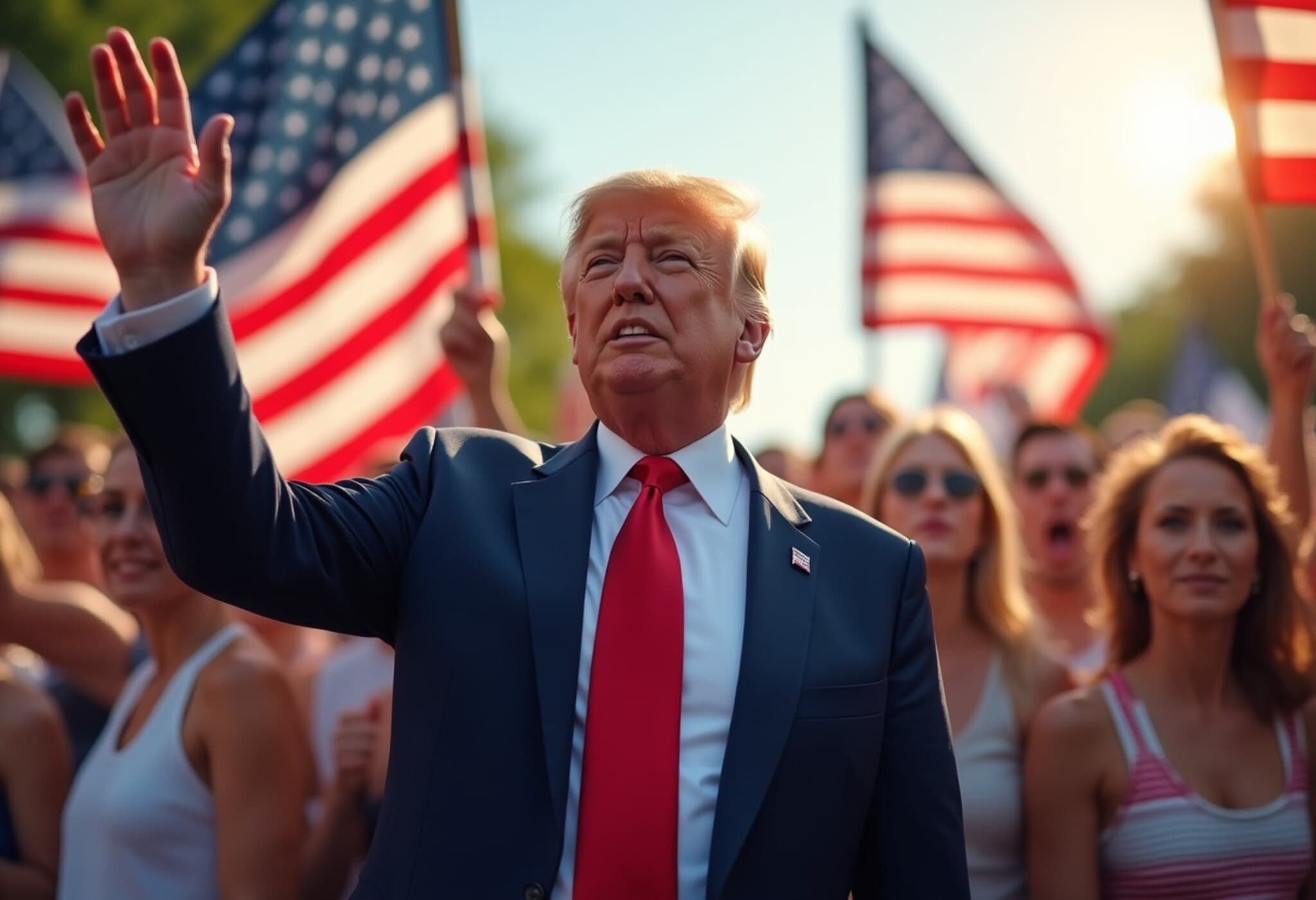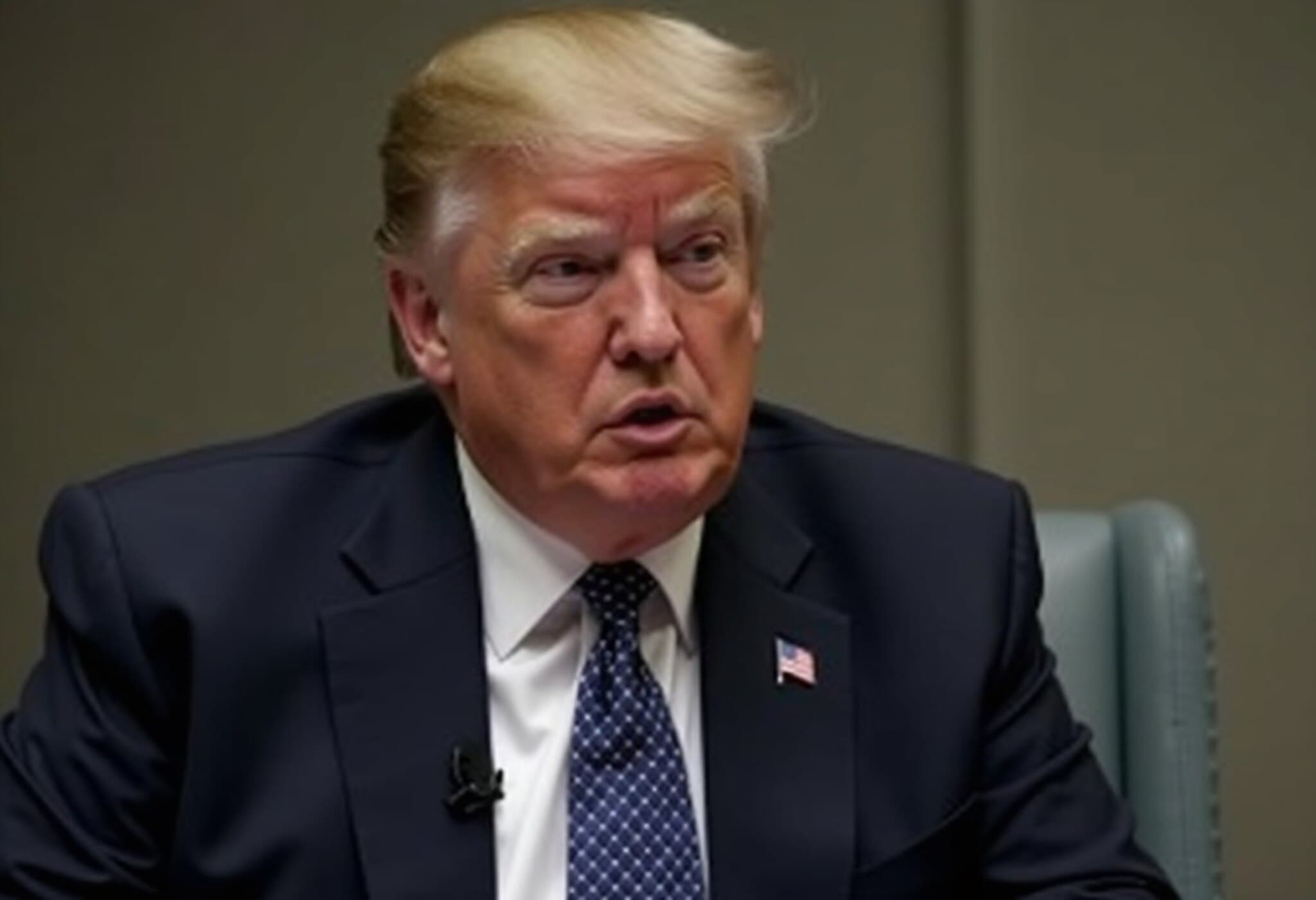Trump's Scotland Visit: A Blend of Business and Presidency
In a move that intertwines leisure with diplomacy, US President Donald Trump touched down in Scotland on Friday for what the White House terms a "working trip." Central to this journey is the grand opening of a new Trump-branded golf course situated along the rugged northeastern coastline, overlooking the tumultuous North Sea waters and nestled within the rolling sand dunes of Balmedie, Aberdeenshire.
Trump’s Vision Realized on Scottish Shores
The newly unveiled course is being promoted by the Trump family as "the greatest 36 holes in golf," highlighting the ambitious scale and elite standards the brand holds. Echoing a promise made during his 2023 civil fraud trial, where he hinted about creating "the most beautiful thing you've ever seen" on the Scottish land, 79-year-old Trump now appears determined to fulfill part of this vision against the backdrop of his renewed White House tenure.
Official tee times for the course’s August 13 opening are already available, drawing golf enthusiasts eager to experience the meticulously crafted fairways.
The Dual Role: Business in the Midst of Governance
While visiting Scotland, Trump is expected to engage in diplomatic discussions, potentially at one of his own Scottish properties—a juncture that has sparked conversations about the blurred line between presidential duties and private enterprise. His itinerary also includes visiting another Trump course near Turnberry, 200 miles southwest of Balmedie.
White House spokesperson Taylor Rogers emphasized the "working trip" nature of the visit, underscoring the global acclaim of Trump golf courses, renowned for hosting prestigious tournaments and attracting elite athletes worldwide.
Behind the Green: Financial and Ethical Questions Loom
The High Cost of Presidential Travel
Using data from fiscal year 2022, Pentagon reports reveal that presidential helicopters (Marine One) can cost up to $20,000 per hour, while Air Force One, the iconic Boeing 747, operates around $200,000 per hour, excluding accompanying military support flights. Such figures underscore the significant taxpayer investment underpinning this multifaceted trip.
Ethics Watchdogs Raise Red Flags
Concerns mount from ethical oversight groups about the potential conflation of Trump’s presidential role with his expanding business empire. Jordan Libowitz, of Citizens for Responsibility and Ethics in Washington, remarked, "The Trump administration is so closely intertwined with the Trump business that the White House almost operates like an extension of the Trump Organization."
Indeed, while Trump remains president, his children helm the Trump Organization, which has proactively signed new international golf initiatives in countries like Vietnam and Qatar—two nations concurrently involved in U.S. trade negotiations.
Local Challenges and Legal Battles in Scotland
Trump’s golf enterprise in the Aberdeen region, Trump International Scotland, has faced its share of turbulence. Financial struggles coupled with environmental controversies have dogged the establishment. Scottish conservation authorities cited violations involving the partial destruction of protected sand dunes, intensifying scrutiny on his developments.
In addition, Trump’s firm lost a high-profile lawsuit opposing a wind farm near the property, an initiative intended to preserve the scenic vistas for golfers but ultimately deemed legally unsound. The Trump Organization was mandated to pay the Scottish government’s legal fees—a financial and symbolic defeat.
Moreover, this Scottish land has featured in the high-stakes New York civil fraud case, where prosecutors accused Trump of inflating asset values to secure loans. Following a ruling that imposed a $355 million penalty (now exceeding $510 million with interest due to ongoing appeals), the saga underscores the intricate overlap between Trump’s business dealings and his political profile.
Presidential Golfing: An Enduring American Tradition with a Scottish Twist
Donald Trump inherits a legacy of presidents with a fondness for golf, a sport rooted deeply in Scottish history. Dwight D. Eisenhower famously played at Turnberry in 1959, while George W. Bush visited Gleneagles in 2005, continuing the thread of U.S. leaders engaging with the birthplace of golf.
Golf itself dates back to Scotland’s Middle Ages, with early references in the 1457 Scottish Parliament aiming to ban golf and soccer to encourage archery—highlighting its historical significance as more than just a sport.
Trump is considered a skilled golfer, reportedly holding a handicap of 2.5—a measure of proficiency in golf that, although unofficial since 2021 according to the US Golf Association, positions him as a formidable player. By way of contrast, President Joe Biden’s handicap is 6.7, and former President Barack Obama once claimed an "honest 13." The handicap system allows for fair competition among varying player abilities, adding an intriguing lens to presidential golfing prowess.
Looking Ahead: The Convergence of Politics, Business, and Sport
As Trump’s Scottish golfing ventures continue to develop, questions linger on the implications of a sitting president actively promoting and benefiting from international business interests amid ongoing governance responsibilities. The delicate balance between public service and private enterprise remains under the microscope, highlighting broader concerns about transparency, ethics, and the future relationship between political leaders and their business empires.

